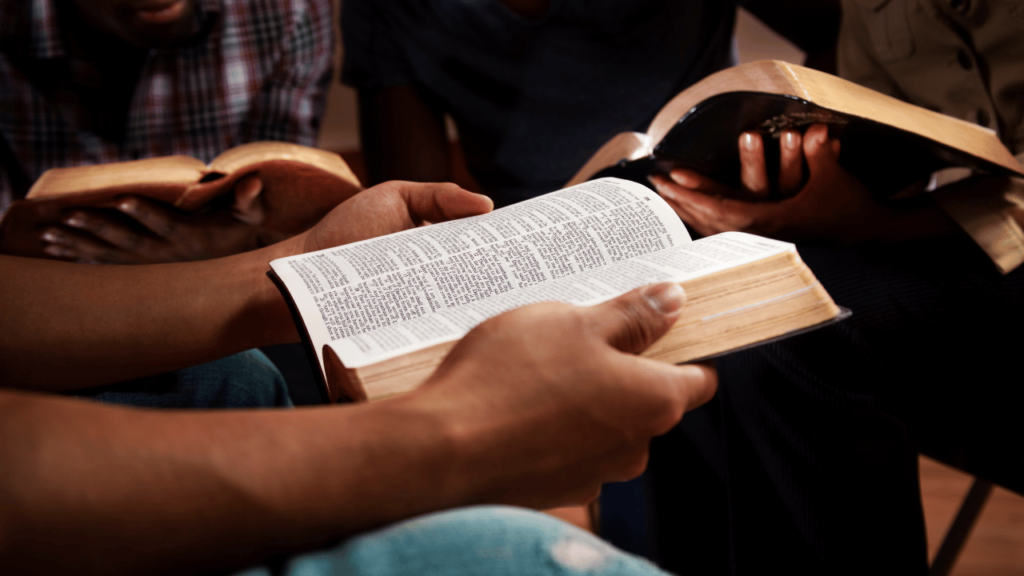Last Thursday, a proposal by Italian Education Minister Giuseppe Valditara sparked controversy in Italy.
He suggested introducing Bible reading into primary school curricula starting from 2026-2027, emphasizing that it would be taught not from a religious perspective, but a cultural one.
Although the measure is presented as a cultural initiative, it raises questions about secularism in schools.
The idea of disseminating the Bible as cultural heritage particularly raises questions about the possibility of treating this text in a ‘neutral’ and secular manner, without introducing an ideological, particularly religious, approach.
Several critics point to a desire of the far-right, embodied by Giorgia Meloni’s government, to reaffirm Christian cultural hegemony in a context where secularism remains a fundamental principle in Italy.
This initiative is part of a broader debate on the place of religion in the public sphere, where the rise of Islamophobia and racism are also central issues, at a time when Europe, in particular, is seeing growing identity and cultural tensions.




